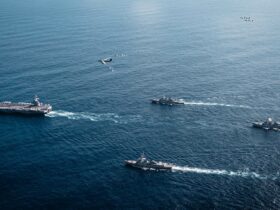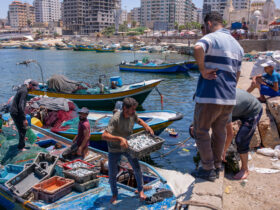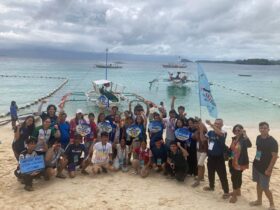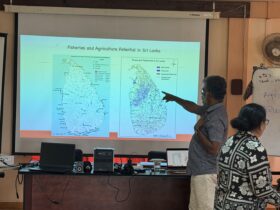Statement made by: International Collective in Support of Fishworkers (ICSF).
Made at: the 16th Session of the SBSTTA to the CBD. 30 April – 5 May 2012, Montreal, Canada
Agenda Item 6: Marine and Coastal Biological Diversity
It is now well recognized, including in several decisions of the CBD, that traditional scientific, technical, and technological knowledge of indigenous and local communities, consistent with Article 8(j) of the Convention should be considered at par with, and as relevant as, other forms of scientific knowledge.
Recalling also decisions from COP 9 (IX/20) and 10 (X/29), Parties must, therefore, take concrete steps to integrate the traditional scientific, technical, and technological knowledge of indigenous and local communities, at all stages of the process of identifying and describing EBSAs, including through the full and effective participation of indigenous and local communities at all regional workshops organized for the purpose. Given that this has not happened so far, the process of identifying EBSAs undertaken to date must be considered preliminary. Future efforts at identifying and describing EBSAs must address this shortcoming.
Parties should further ensure that training manual and modules prepared to offer guidance on describing EBSAs, as contained in an information document for the meeting (UNEP/CBD/SBSTTA/16/INF/9), necessarily include guidance on integrating the traditional, scientific, technical and technological knowledge of indigenous and local communities as well as social and cultural criteria for the identification and description of EBSAs.
In this context, we would also like to draw attention to the fact that initial workshops organized by the CBD related to developing the concept and criteria for EBSAs focussed primarily on open ocean waters and deep sea habitats,and on areas beyond national jurisdiction. Parties are no doubt aware that there are important sociocultural and institutional aspects that need to be considered in the context of waters within national jurisdiction, which are distinct from the context of waters beyond national jurisdiction. We would like EBSA related processes, for waters within national jurisdiction, must ensure the full and effective participation of indigenous and local communities, particularly fishing communities, and must draw on their traditional knowledge systems.
The proposed Voluntary guidelines for the consideration of biodiversity in environmental impact assessments (EIAs) and strategic environmental assessments (SEAs) in marine and coastal areas were also discussed mainly in the context of areas beyond national jurisdiction.
Such EIA processes for waters within national jurisdiction must integrate some other essential aspects. For example, given that tenure rights of indigenous peoples and small-scale fishing communities in coastal and marine areas within national jurisdiction are often not well recognized, it is essential that the EIA guidelines specifically require their identification. Keeping the above in mind we call on Parties to seek the additional elaboration of the guidelines for coastal and marine areas within national jurisdiction, with the full and effective participation of indigenous people and local communities in the process and drawing on their traditional knowledge systems. We also request that the proposed Guidelines fully integrate principles from two important guidelines of the CBD, that is the The Tkarihwaié:ri Code of Ethical Conduct and the Akwé: Kon Voluntary Guidelines.





Leave a Reply